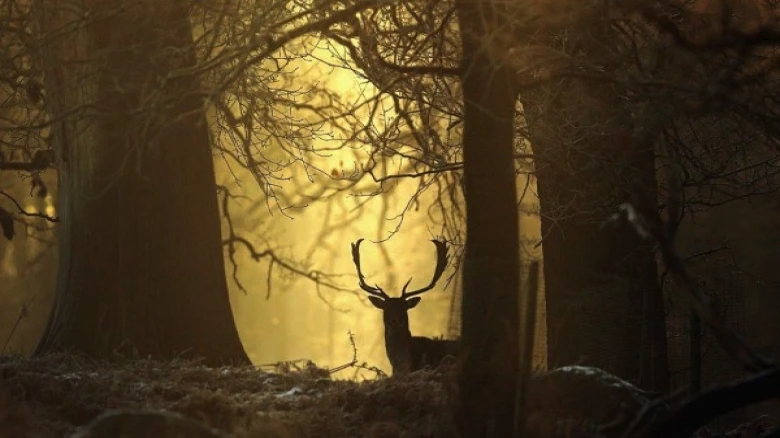Three UK conservation groups say all options are on the table as they contest what they call a government U-turn on environmental protection.
Digital Desk: The National Trust, RSPB, and Wildlife Trusts stated they could mobilise millions of members in protests.
The leaders of the organisations called the new government policy a "assault on nature."
According to the administration, it is updating rules and wildlife laws "in accordance with our ambitious vision."
"A healthy environment and a healthy economy go hand in hand," remarked a government spokesperson.
Hilary McGrady, CEO of the National Trust, Craig Bennett, CEO of the Wildlife Trusts, and Beccy Speight, CEO of the RSPB, all spoke to the BBC in a joint interview.
They all slammed the administration for making a "U-turn" on Conservative platform promises on the environment.
Plans to repeal EU environmental standards, relax planning restrictions in new "investment zones," and reassess environmental farm subsidies were all mentioned.
It is the first time the leaders of the three groups have established such a visible and loud partnership on an issue.
The three organisations have a total membership of eight million people.
The RSPB reports that its members have submitted 106,000 emails to MPs in two weeks.
Mrs. McGrady of the National Trust stated, "This is the most significant attack on nature in my lifetime, let alone my career." This is unprecedented, which is why we are collaborating with the RSPB and Wildlife Trusts.
"We pick our battles very wisely - and not very often."
"At the Wildlife Trusts, we are hearing from tens of thousands of our supporters, as well as a large number of farmers and companies who are equally concerned," Mr Bennett added. This is true throughout society."
While climate action organisations such as Extinction Rebellion and Just Stop Oil use techniques like as attaching themselves to roadways, members of the National Trust, RSPB, and Wildlife Trusts are more likely to be found hiking, bird-watching, or visiting stately homes than taking direct action.
Mrs Speight of the RSPB and Mr Bennett, on the other hand, said they were willing to organise a march in London if the government did not deliver the guarantees they sought.
"All alternatives are on the table in terms of what happens next," the RSPB's director said. "This is something we simply cannot allow to continue. Every campaign has a plethora of tools in its toolbox. We must plan to employ as many of those tools as are effective."
Mrs. McGrady did not indicate she would summon her members, but she did not rule it out. "We will do whatever is most effective," she stated.
Mrs. McGrady stated that neither she nor Mr. Bennett had been invited to meet with the new Environment Secretary, Ranil Jayawardena, which she described as "unusual."
The Angling Trust, Rivers Trust, Woodland Trust, Wildlife and Countryside Link, and numerous regional charities have all expressed their displeasure.
According to a statute approved in September, all post-Brexit laws – over 2,400 – must be examined or repealed by the end of 2023. Around 570 cover environmental issues ranging from sewage pollution and pesticide use to the preservation of wildflower meadows and wetlands.
Officials from the Department for Environment, Food, and Rural Affairs (Defra) have privately expressed concern that such a mountain of law could be considered in such a short period of time.
Wildlife groups are also concerned that government plans to establish new investment zones with reduced taxes and "liberalised" planning regulations could jeopardise protected areas and fragile ecosystems.
As many as 38 local governments are said to be in negotiations with the government about establishing the zones, with the goal of freeing up more land for commercial and residential development.
According to the National Trust, the plans could result in "grey zones" devoid of "natural or historic character, in which people have no influence in the development that affects them."
Farmers are also confused and angry about the "quick evaluation" of the new post-Brexit Environment Land Management Scheme (ELMS).
ELMS is intended to replace the criticised EU system, in which farmers were compensated only on the amount of land they owned.
ELMS would instead compensate farmers for providing public environmental benefits such as restoring woodland, avoiding pollutants from entering rivers, and moving toward net zero targets.
Rural groups and farmers had helped develop it, and many contracts for some of the larger programmes were already in place.
This, however, has been put on hold until the conclusions of the government review are released at the end of October.
The Scottish government called the government's actions "anti-nature." Wildlife organisations in Northern Ireland have also issued a warning about the proposed alterations.

Leave A Comment